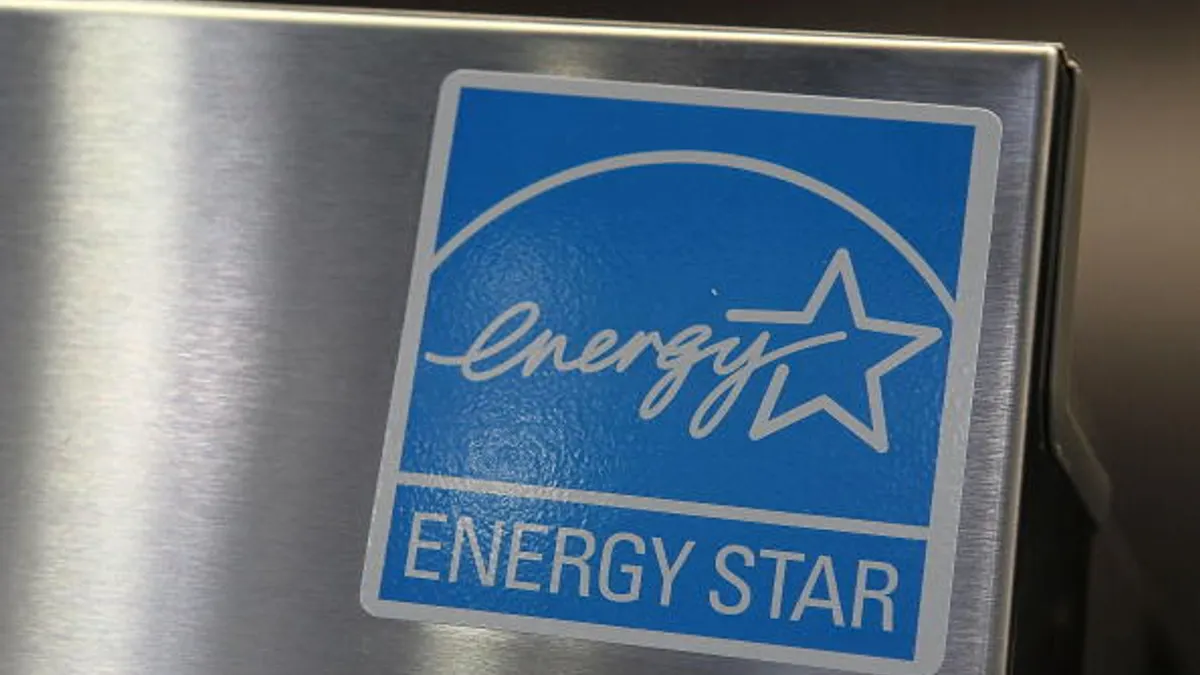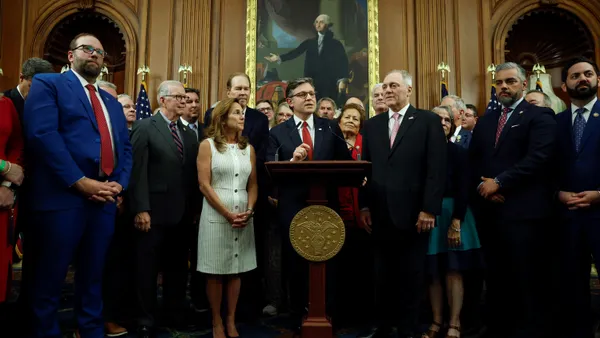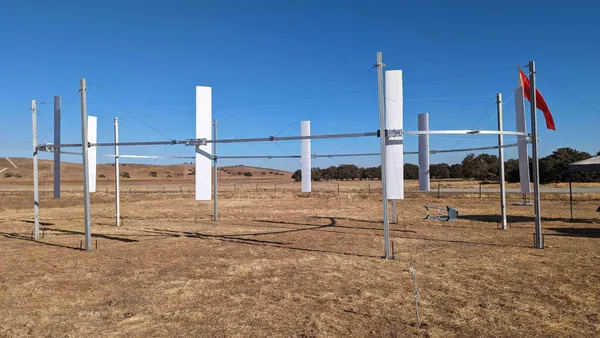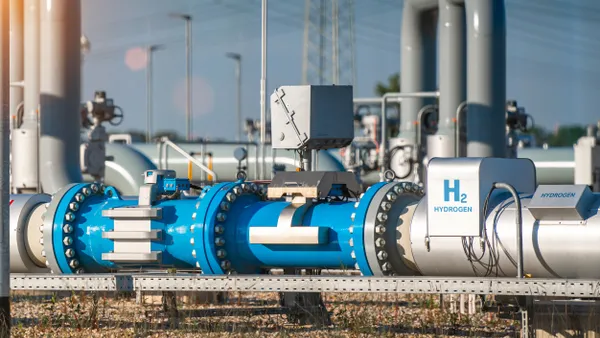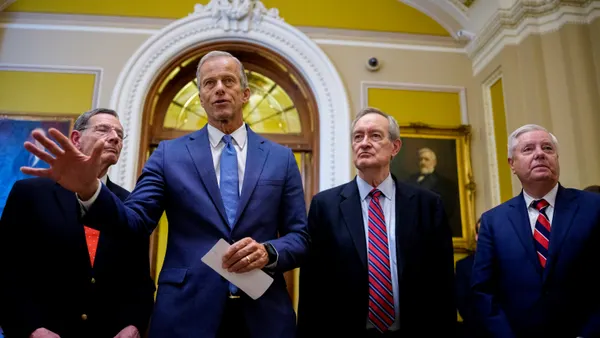Dive Brief:
- A ballot proposal pushed by rooftop solar advocates in Arizona to preserve net metering rates could soon have competition from a utility-backed proposition. Arizona State Rep. Debbie Lesko (R) confirmed to Utility Dive she is working on a resolution to counter the Arizona Solar Energy Freedom Act, filed last week with the Secretary of State.
- The Energy Freedom Act, which would amend the state constitution to prevent regulators from lowering current net metering rates, was filed by Yes on AZ Solar, a political action committee (PAC) funded by SolarCity, the top U.S rooftop solar installer.
- Ballot proposals to alter the state constitution must either secure about 225,000 voter signatures or garner the support of 16 state senators and 31 representatives in a concurrent resolution to appear on the ballot.
Dive Insight:
The idea for Sen. Lesko's ballot proposal is only a few days old, but already it has some powerful allies.
“The Arizona regulated utilities, including Arizona Public Service (APS) and Tucson Electric Power, are supporting my referendum,” Lesko told Utility Dive.
Lesko led the effort to obtain enactment of SB 1417, which backers said boosted needed consumer protections for solar buyers, but installers criticized as unnecessary regulation. She said the Energy Freedom Act would prevent state regulators from doing their job in setting solar rates.
“The SolarCity measure is absolutely outrageous,” Lesko said. “It takes the power to set rates away from our elected Arizona Corporation Commission and lines the pockets of SolarCity by guaranteeing the retail net metering rate.”
Former Arizona Corporation Commission Chair Kris Mayes will leave her position as a director at Arizona State University’s Global Institute of Sustainability to lead the effort to get the Energy Freedom Act on the November ballot. The measure would make it illegal until 2022 to lower the retail rate net metering credit or to impose solar-only rate changes and would streamline solar interconnection.
“They’re hoping that the popularity of solar will prevent voters from looking too closely at the details,” APS Spokesperson Anna Haberlein wrote in an email to Utility Dive. But the proposal would “be detrimental to sustainable solar in Arizona,” she added. “We caution voters not to be fooled.”
There is reason to be concerned about the SolarCity initiative circumventing the present regulatory process for ratemaking, Corporation Commission Chair Doug Little told The Arizona Republic.
The use of ballot initiatives to leverage public support is a new strategy being employed by advocates to advance clean energy policy. It was successful in Oregon but went awry in Florida, where a solar-supported measure failed to garner the necessary signatures, but a utility-backed measure has been cleared to appear on the ballot.





